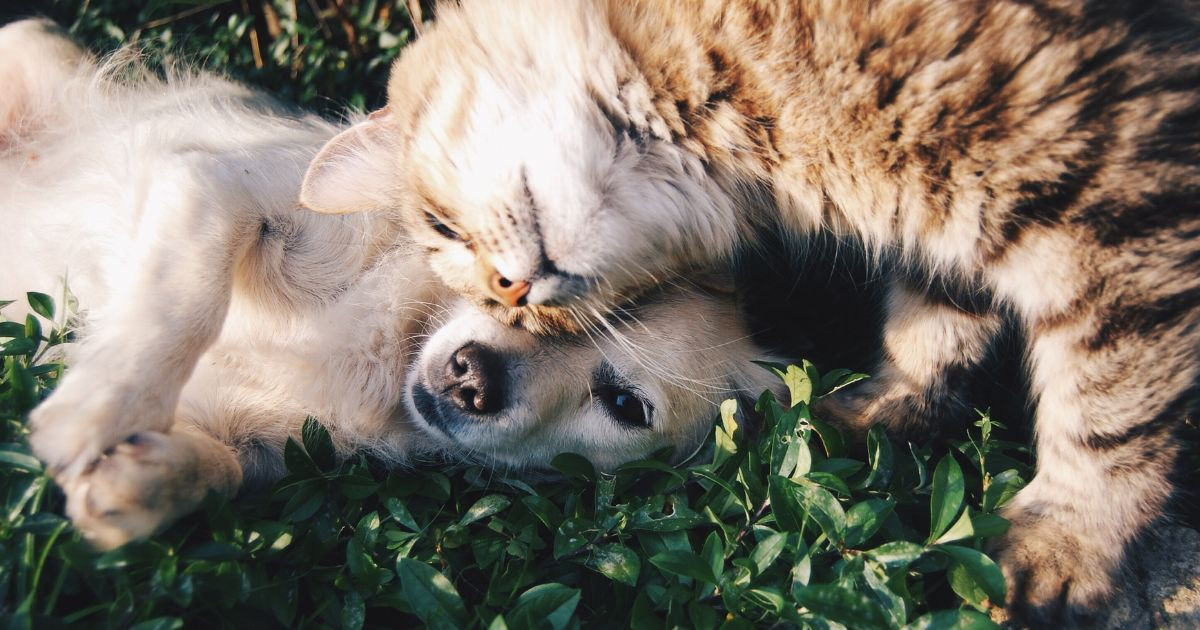Caring for Older Dogs
https://www.rspca.org.uk/adviceandwelfare/pets/dogs/health/seniordogs
RSPCA offers comprehensive guidance for ageing dogs, emphasising the importance of regular health checks, environmental adjustments, diet changes, and exercise to ensure comfort and quality of life.
A Guide to Senior Pet Food and Feeding Your Ageing Pet
https://www.pdsa.org.uk/what-we-do/blog/a-guide-to-senior-pet-food-and-feeding-your-ageing-pet
PDSA explains how the right diet and feeding routines—such as portion control, senior-appropriate food, and accessible feeding setups—support joint health, maintain weight, and enhance overall wellness in older pets.
Caring for Your Senior Dog
https://www.battersea.org.uk/pet-advice/dog-advice/senior-dog-care
Battersea’s advice details physical and behavioural changes in senior dogs—like reduced mobility and increased anxiety—and highlights how veterinary support and lifestyle adaptations can help them age comfortably.

What's the Difference Between a Senior Pet and a Geriatric Pet?
https://www.roundwoodpethospice.co.uk/senior-pet-care/senior-or-geriatric
Roundwood Pet Hospice clarifies the difference between 'senior' and 'geriatric' life stages, encouraging targeted care strategies—from pain management to home modifications—tailored to each stage for better quality of life.
Caring for your senior dog | The Battersea Way
https://www.youtube.com/watch?v=g7CrYpCIaak
A helpful YouTube video by Battersea offering practical tips for senior dog care as they age, including recognizing signs of aging, common challenges, and supportive strategies.